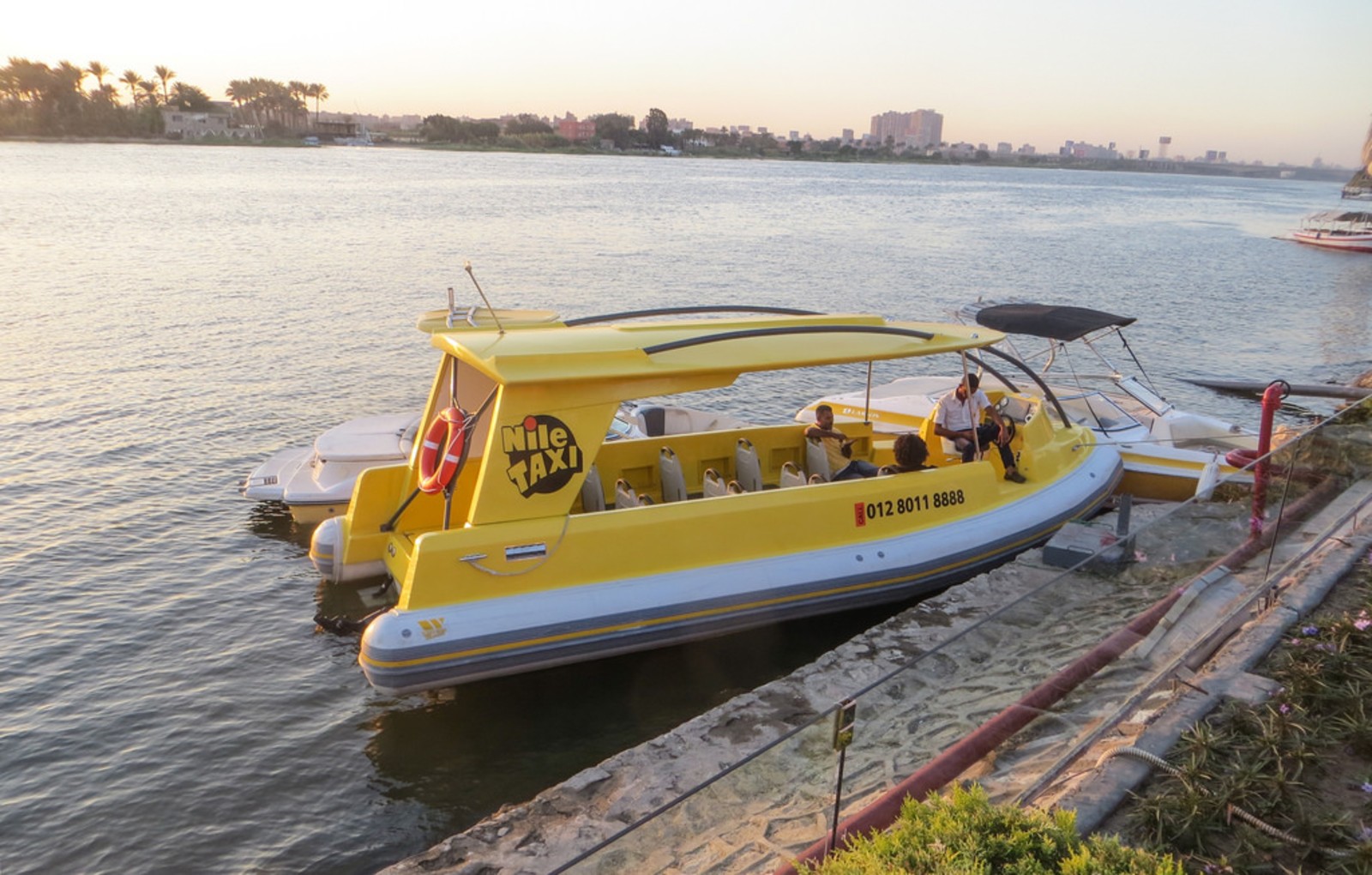The alternatives, from buses to boats to bikes

The alternative options: Ride-hailing isn’t always the best answer. Your calculation when ordering a car through ride-hailing apps may be that you’re not adding to traffic volume since you’d otherwise take your own, but you’d rather not be the one facing Cairo’s erratic drivers. The bad news is that it’s been shown pretty conclusively that our favorite ride-hailing apps only make the problem worse by putting more cars on the streets, and drawing people away from public transport alternatives.
Mass transport is (obviously) a better solution: Relax, we’re not telling you to stand on a street corner and flag down a microbus with a hand signal indicating where you’re headed. You can opt for carpooling and mass transport options that are offered through mobile applications and online communities. Egypt’s very own SWVL pioneered the bus-hailing app game by essentially offering the best of the Uber and Careem models for personal transport, and applying it on a bigger scale to create a cleaner and more convenient version of public transport. In a bit of a feedback loop, Uber and Careem recently launched their own bus-hailing service. Both piloted the service in Egypt, which shows how applicable the model seems to be here. The services offered by all three companies are cost-effective for commuters, costing a fraction of the price of a personal car.
Nile Taxi: Skipping out on the traffic while taking a nice boat trip on the Nile — what’s not to love? Nile Taxi, yellow boats with multiple drop-off/pick-up points, will take you zooming down the river between central Cairo (around Nile City) and Maadi, allowing you to leapfrog over some of the most traffic-clogged parts of the Corniche. Prices range from EGP 15-45, and they’ve recently launched an app for easier booking.
Motorbiking — do it for the leather jackets and the community: For the more adventurous among you, why not grab your leather jackets and hop on a motorbike? As a bonus, motorbikes can be more than a method of transportation; riders have formed an entire global community. Groups across the world take biking very seriously, and often have particular criteria for membership, with like-minded people gravitating towards one another. In Egypt, groups such as Dukes, New Cairo Riders and Egypt Bikers Club wake up early on Friday mornings to take long rides and socialize together. Women riders may still face social disapproval, but as this Africa News report shows, they don’t intend to let that dissuade them from doing something they love (watch, runtime: 01:13).
Live and work on opposite ends of the city? Take the metro. We will acquiesce it’s not always a proverbial walk in the park, but the metro is a highly time-effective alternative to sitting in traffic until you’re old and gray. One Cairene tells Ahram Online the extension of Metro Line 3 has reduced her commute time to 26 mins, down from a commute as long as two hours.
The price has increased, but it’s still more than reasonable: Some people are not exactly thrilled about the hike in prices from last year to upgrade outdated infrastructure. “Early last year I paid EGP 12 for return trips for my two children and myself per day. Today I pay EGP 12 for my children and EGP 10 for myself. The cost has almost doubled,” civil servant Ali Abdel Azim said. But compared to much of the rest of the world, this is negligible: Monthly transport passes in cities in the US, Europe, and New Zealand cost north of USD 100, with London taking the cake at USD 198.